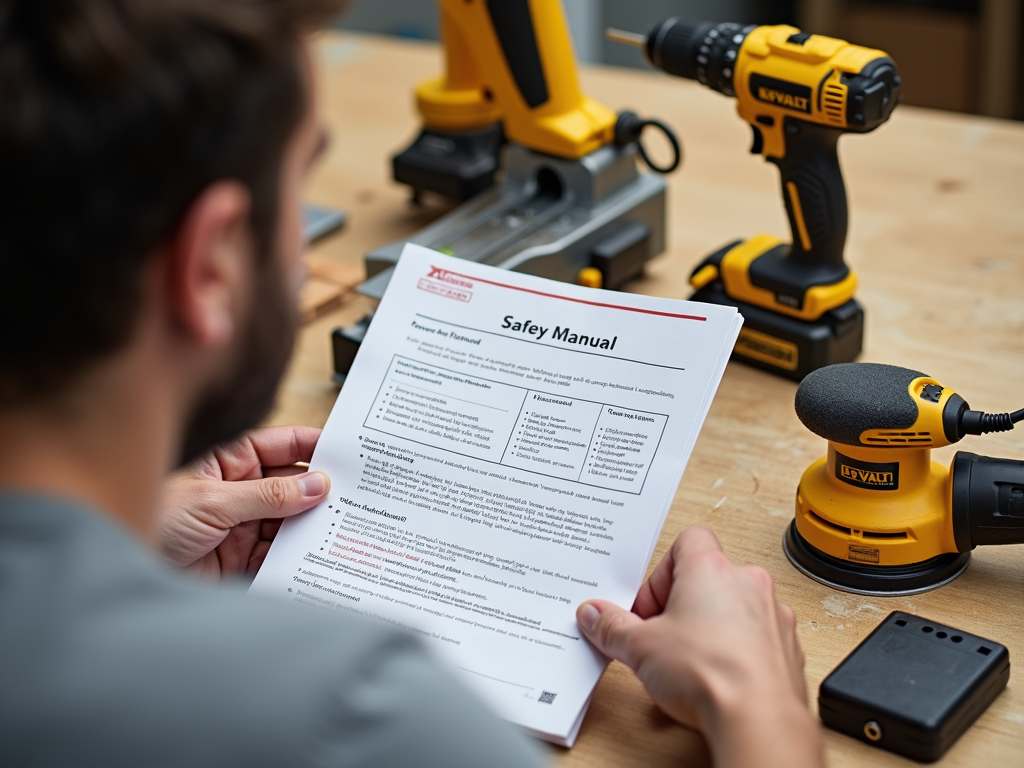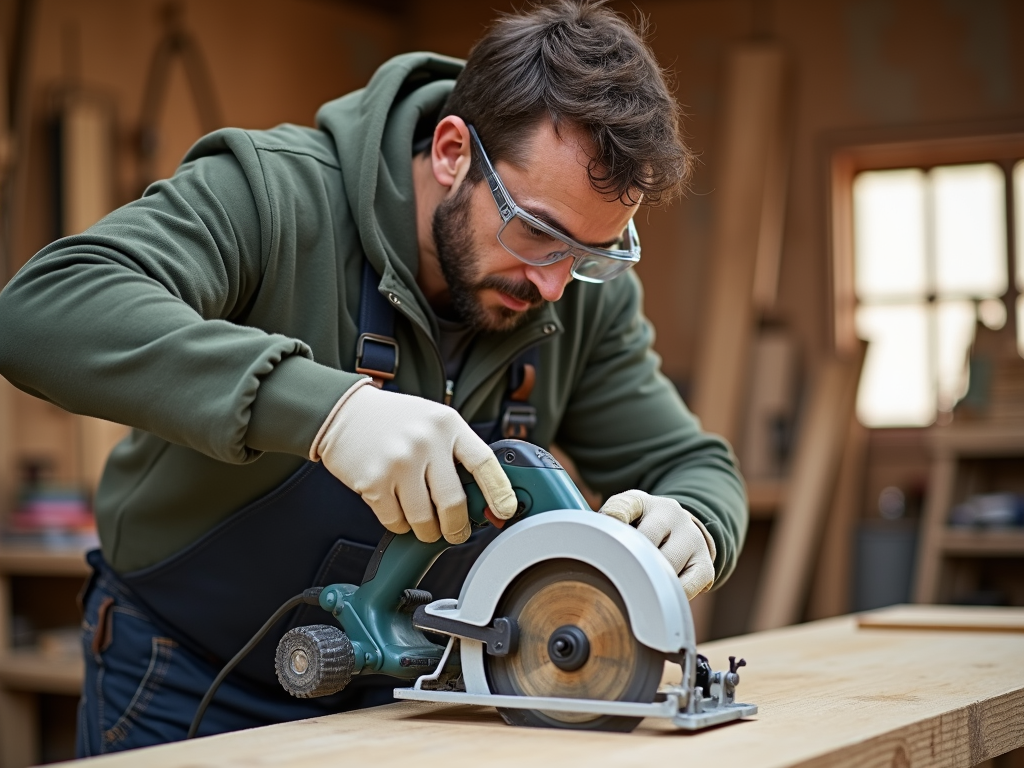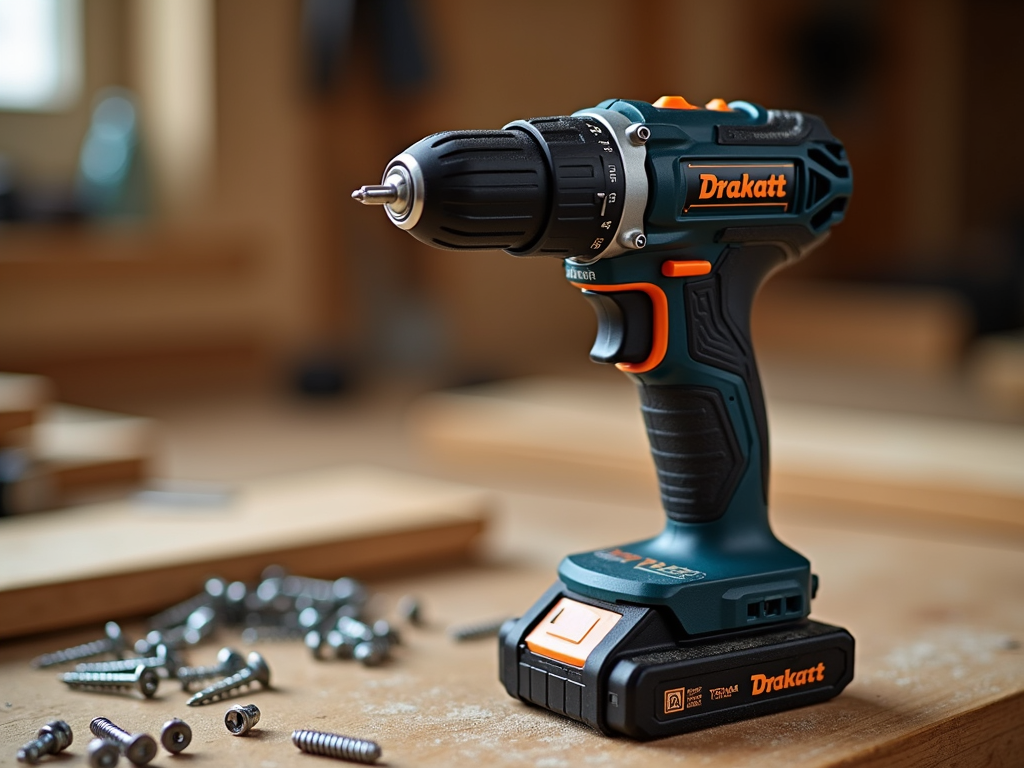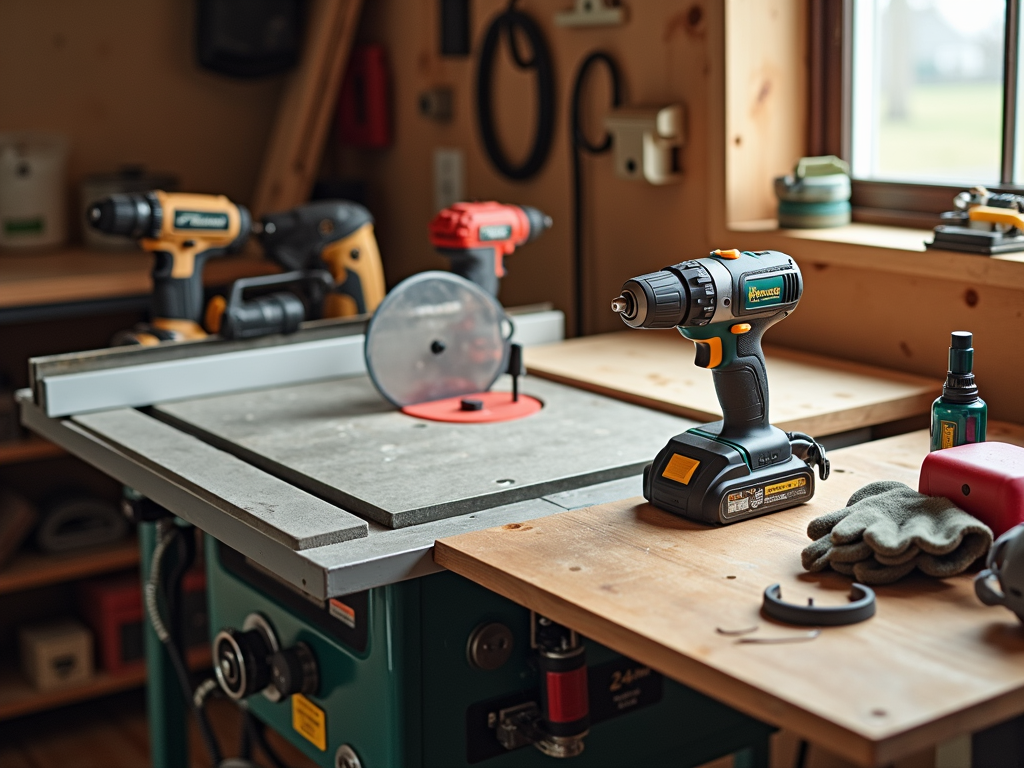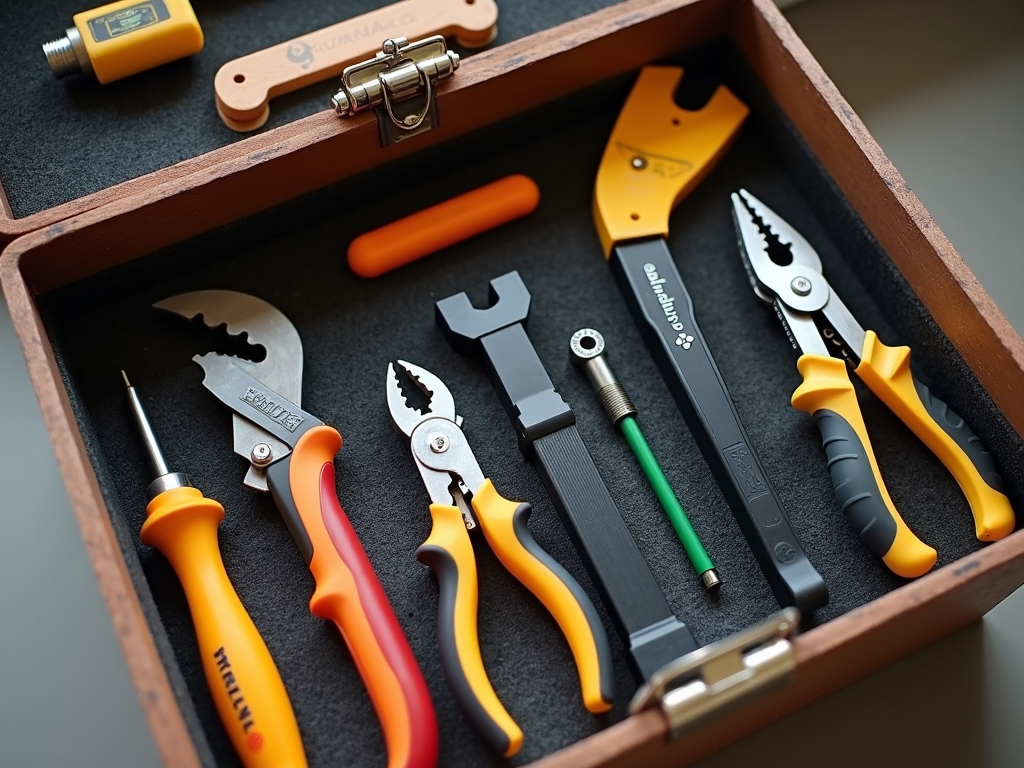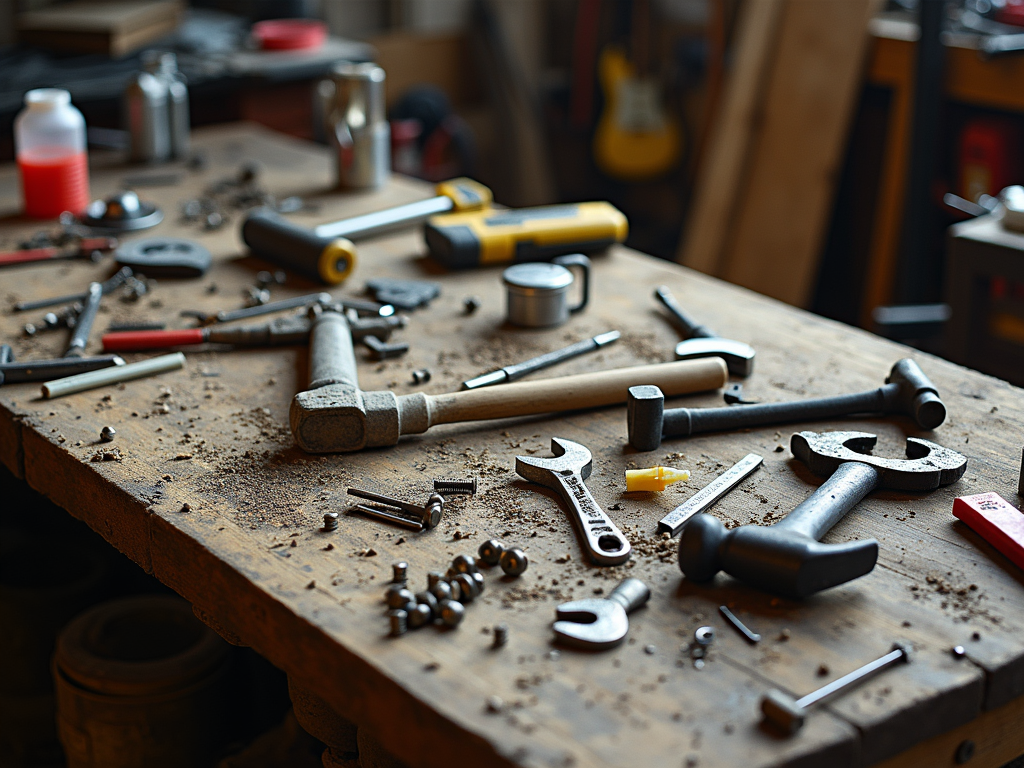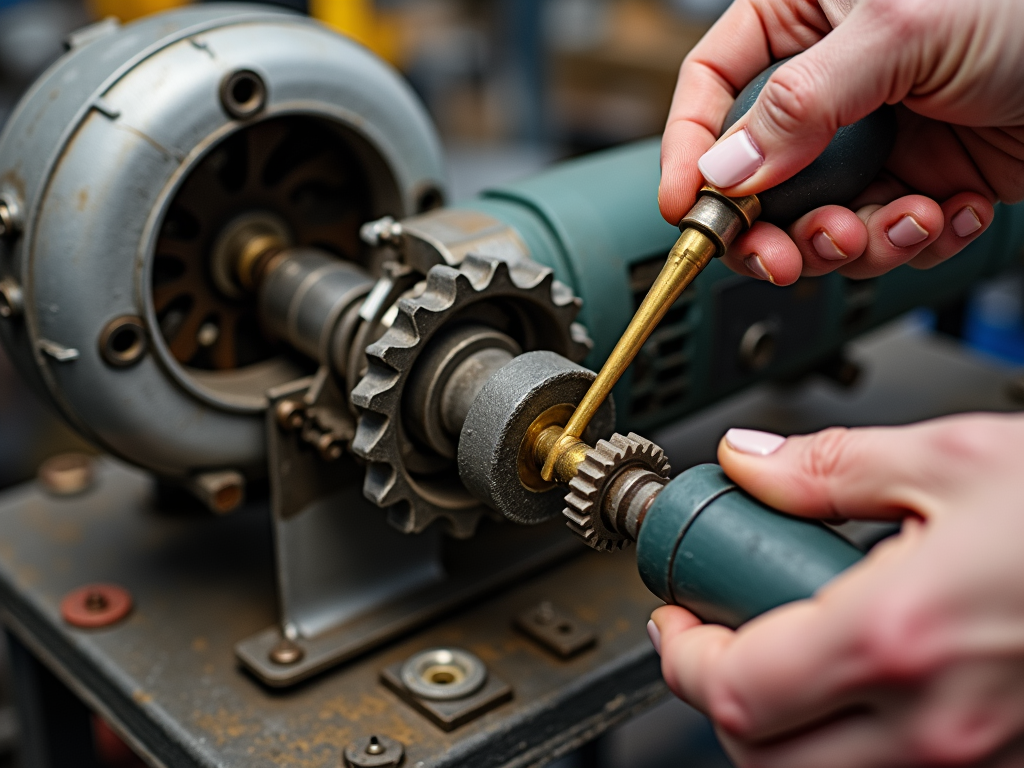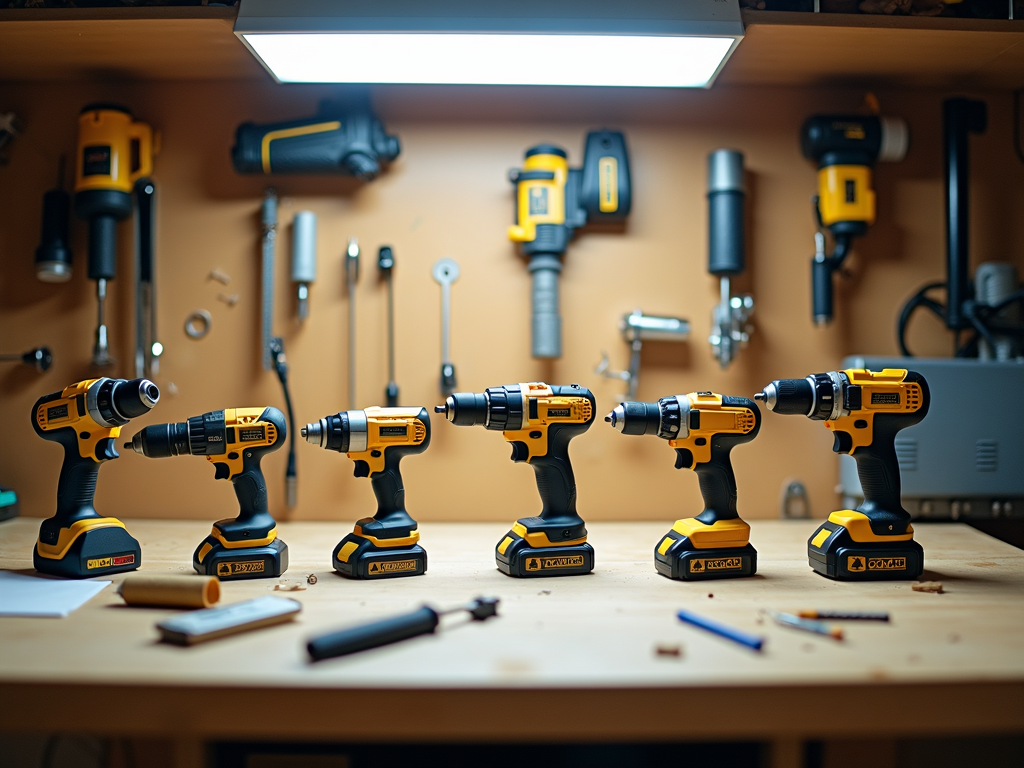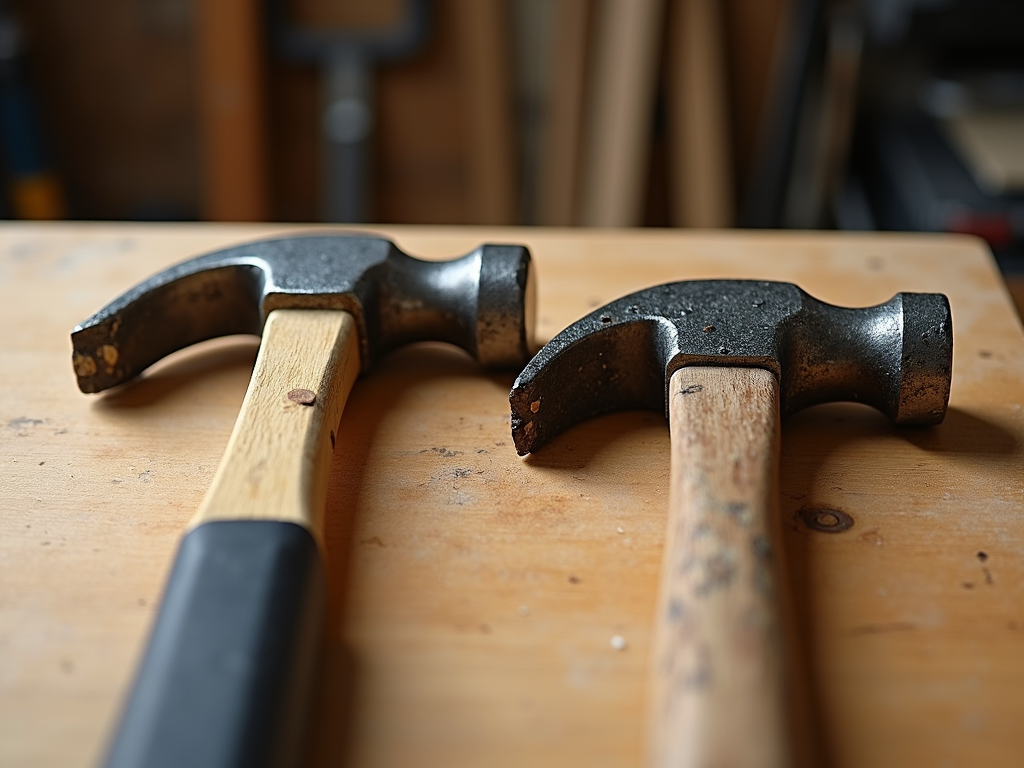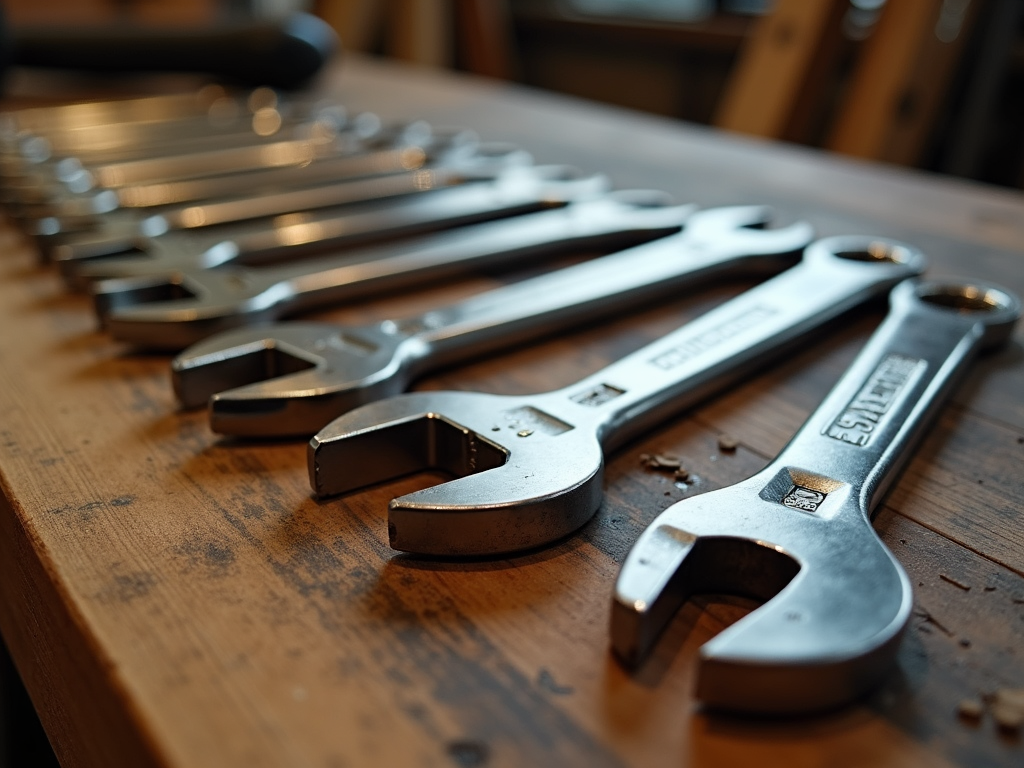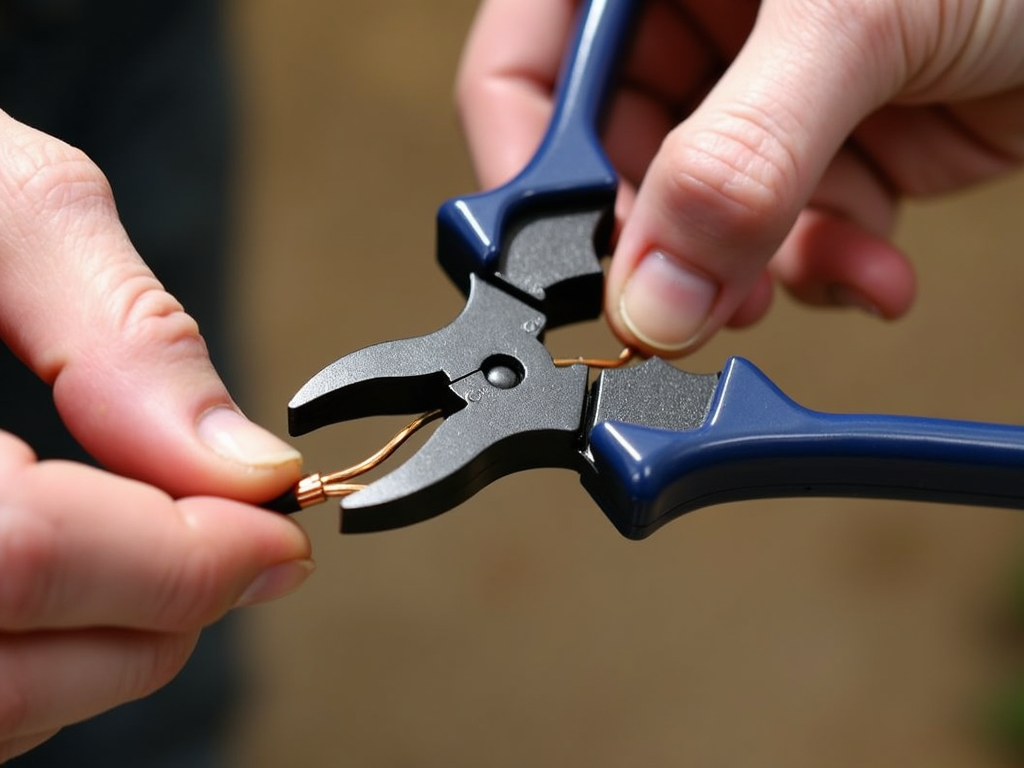Rotary tools are a game-changer for jewelry makers. These power tools bring precision and versatility to tasks like drilling, grinding, and polishing. Whether you’re a hobbyist or a pro, they help you craft intricate designs with ease, making them a must-have in your toolkit.
So, what exactly are rotary tools? They’re handheld devices with a spinning bit at the end. In jewelry making, you can use them to drill holes in beads, grind rough edges off metal, polish gemstones, or engrave patterns on pendants. The best part? You can swap out attachments to tackle almost any job.
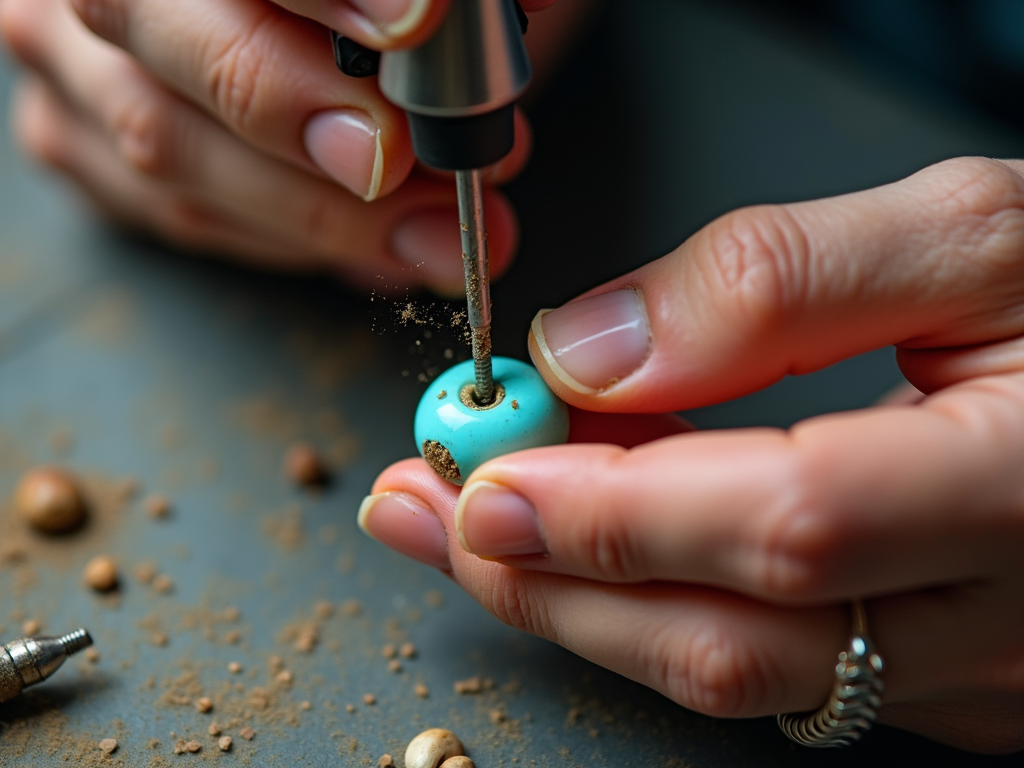
I’ve used rotary tools for years, and they’ve saved me countless hours. Once, I had to smooth out a jagged silver ring. A manual file would’ve taken forever, but with my rotary tool, it was done in minutes. That’s the kind of efficiency these tools bring to the table.
Types of Rotary Tools
You’ll find two main kinds: corded and cordless. Corded ones pack more power—great for tough jobs like cutting thick metal. Cordless models, though, give you freedom to move around, perfect for lighter tasks. Brands like Dremel, Foredom, and Proxxon lead the pack.
Picking the right rotary tool matters. Look at power—measured in amps or watts—and speed, usually in RPMs. Variable speed is a big plus; it lets you slow down for delicate work or speed up for heavier grinding. A comfy grip helps too, especially during long projects.
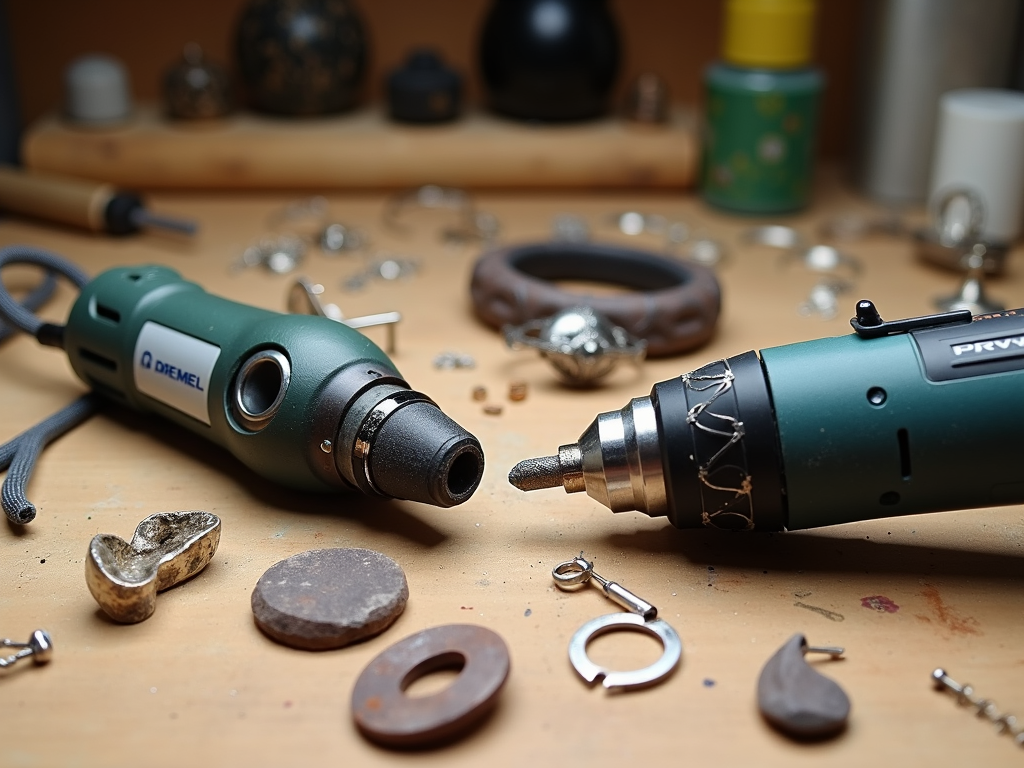
Why bother with rotary tools? They give you control that hand tools can’t match. Imagine engraving a tiny flower on a ring—fingers alone won’t cut it. Plus, they’re fast. A task that might take an hour by hand could be done in ten minutes with the right bit.
Safety comes first. Always wear goggles—bits spin fast and can kick up debris. A dust mask is smart too; metal dust isn’t something you want to breathe. Start slow with the speed, and clamp your piece down tight. I learned that the hard way when a loose earring flew across my workshop!
Here’s a quick comparison of popular rotary tools:
| Tool | Power | Speed | Price |
|--------------|---------|-----------------|--------|
| Dremel 4000 | 1.6 amp | 5,000-35,000 RPM| $100 |
| Foredom SR | 1/6 HP | 0-18,000 RPM | $250 |
| Proxxon IBS/E| 100 W | 5,000-20,000 RPM| $150 |
This table shows how they stack up—Dremel’s a solid all-rounder, while Foredom’s power suits pros.
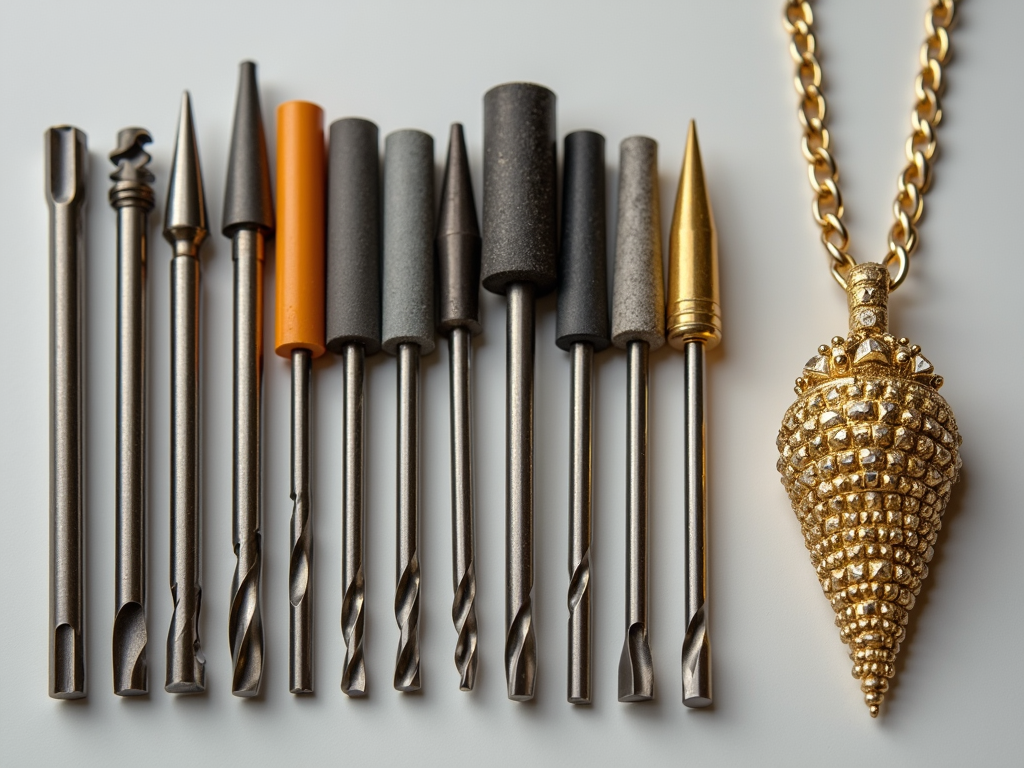
Attachments make rotary tools shine. Drill bits punch holes, grinding stones shape metal, and polishing wheels bring out a mirror finish. I love experimenting with different bits. Once, I used a diamond-tipped bit to etch a client’s initials on a bracelet—turned out perfect.
Wondering if they’re worth it? The Jewelers’ Association guide says rotary tools cut work time by up to 40%. That’s no small deal when deadlines loom. They’re an investment, sure, but they pay off in quality and speed.
Tips for Success
- Test on scrap first—get a feel for the tool.
- Keep bits sharp; dull ones mess up your work.
- Clean your tool after use—dust clogs it up.
These habits keep your rotary tool running smoothly and your projects on point.
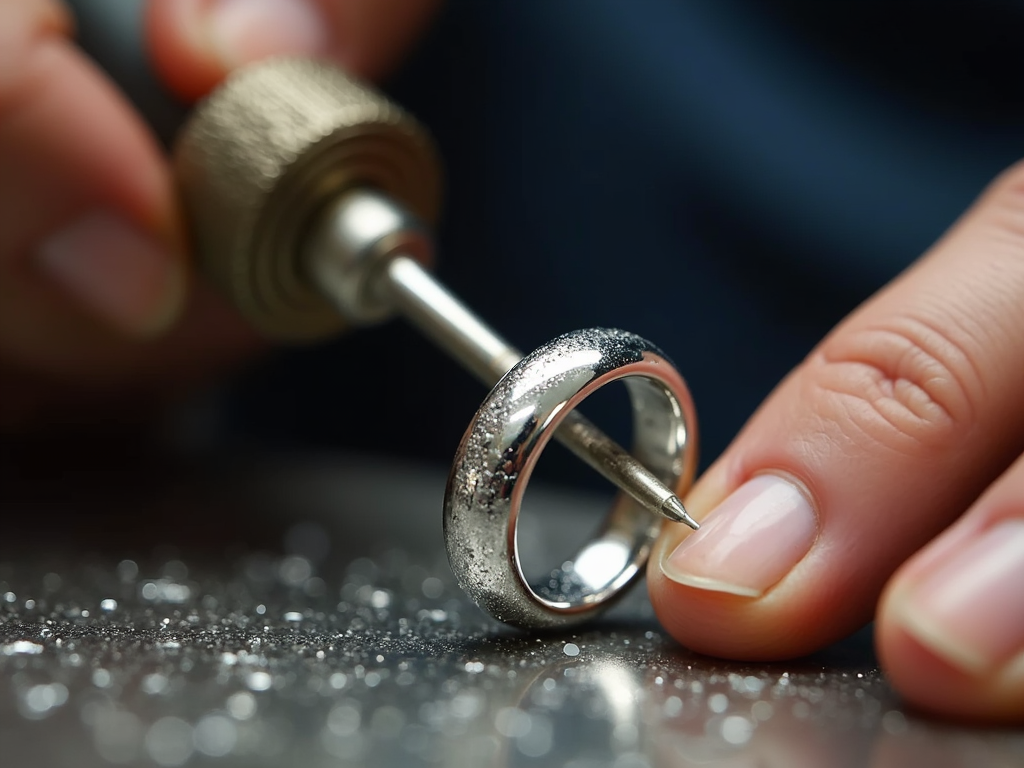
Need proof of their value? A study from the Craft Institute found 85% of jewelers use rotary tools daily. They’re not just handy—they’re essential. From fixing mistakes to adding flair, they’ve got you covered.
In short, rotary tools transform jewelry making. They blend precision, speed, and versatility into one package. Pick a good one, use it safely, and watch your skills soar. You’ll wonder how you ever worked without it.
Related rotary tools for jewelry making:
- The Ultimate Guide to Power Tool Safety
- Care and Maintenance of Your Power Tools: A Guide for Woodworking Enthusiasts
- Key Features to Look for in Cordless Power Tools: Your Ultimate Guide
- A Beginner's Guide to Power Tools for Home Workshops: Essential Tools and Safety Tips
- The Complete Beginner’s Guide to Home Wiring
- Why Upskilling Matters in Automated Factories
- Organizing Your Workbench for Maximum Efficiency: A Comprehensive Guide
- How to Keep Your Power Tools Running Strong
- Keep Your Power Tools Running Strong: The Ultimate Guide to DIY Tools Maintenance
- Choosing the Right Tools for Your Construction Project
- Top-Quality Workman Tools for Contractors: A Comprehensive Guide
- Must-Have Electrical Tools for DIY Enthusiasts: A Comprehensive Guide
